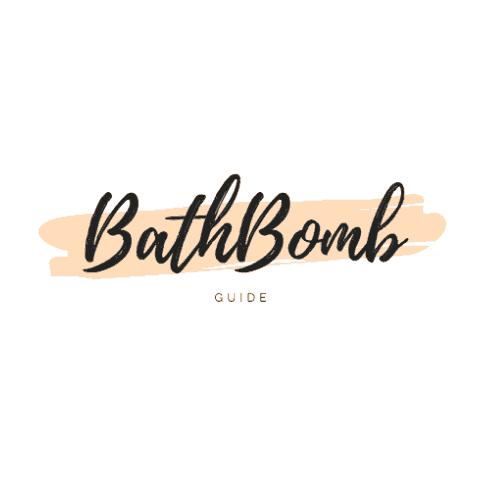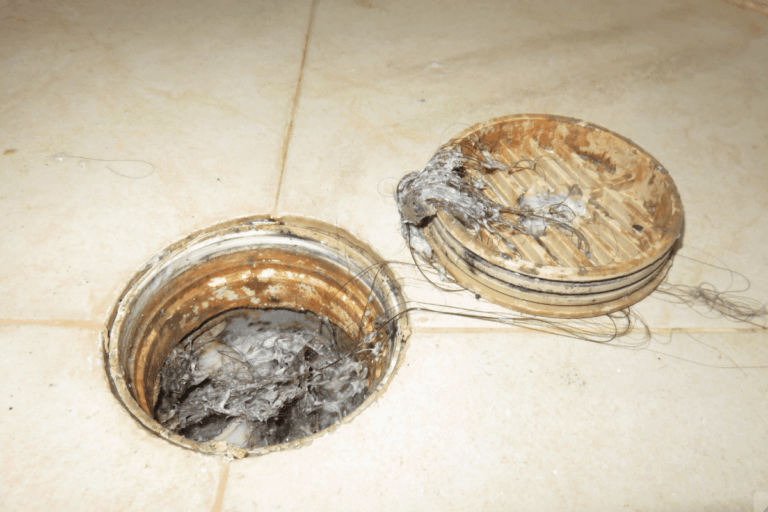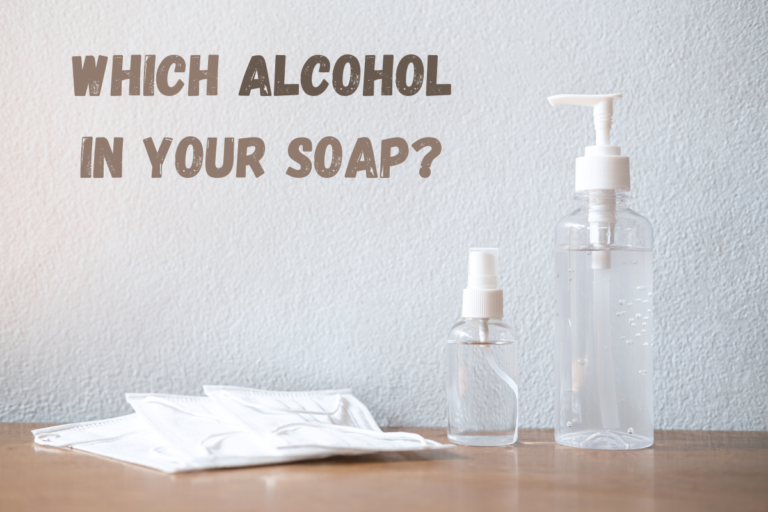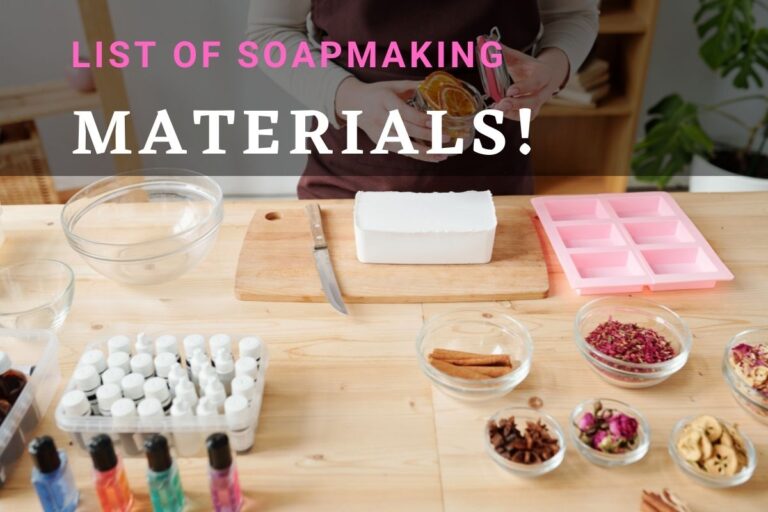Homemade Soap gets Rid of Germs. (Dump the Anti-Bac Now!)
It has been ingrained in us since childhood that washing your hands is of vital importance. And it truly is, as the process of washing keeps us safe from harmful bacteria.
Mass-produced soap is known to dry out your skin and it contains chemicals that you don’t really want getting into your body. So, homemade soap is becoming the best thing to use, but let’s find out if homemade soap can kill germs.
Handmade soap does not kill germs but is as effective as Anti-bacterial soap in facilitating the removal of bacteria. All soap contains fat-like substances known as amphiphiles which loosen the grip the bacteria has on your skin ensuring it is washed away when you rinse.
Only 75% of men wash their hands after a visit to the restroom. Compared to 90% of women
Harvard
Read on to find out more about, germs bacteria and how washing your hand with homemade soap can be effective in ridding yourself of harmful bacteria.
What are germs?
Let’s start by explaining what germs are. This is an all-encompassing term that includes bacteria, viruses, fungi and protozoa.
All of these live and thrive in and on our bodies. Most bacteria that share our body with us are not dangerous, many being beneficial to our health. They help us digest food and absorb nutrients and even produce vitamins!
But the problem arises with those bacteria and viruses that cause illness. So, to battle them we have to maintain proper hygiene.
Unfortunately, some hygienic products, like antibacterial soap and hand sanitizer, remove those beneficial bacteria. Of course, at certain times hand sanitizers have proven to be useful at stopping the spread of deadly viruses and harmful bacteria.
But for maintaining your hygiene, soap and water will do a great job. And this helps prevent disease.
Store-bought soap, however, can be problematic and we will discuss this more, but first, let’s cover our bases and explain how soap works.
How does homemade soap work?
Homemade soap, like regular soap, works by washing the bacteria off your skin.
Sure, you can wash your hands with water, but that is not as effective as using soap to help along the way. Soap helps bind and remove bacteria more effectively than just water.
If you are diligent with your wash and follow the ‘30 second’ rule, you can remove up to 99.9% of bacteria from your hands.
That is as effective as an antibacterial soap that can actually be more harmful to your skin because it contains chemicals.
Pure homemade soap is the best product to use for your hand-washing needs. It removes the germs you want washed away and will contain only the ingredients you want and no harmful chemicals.
Even regular soap that you see in supermarkets is made with additional chemicals. They need to do this because they remove the beneficial glycerine that is naturally made during the process of saponification, which is what makes a soap into what it is.
Why do they remove it?
Well, glycerine is really good at keeping your skin hydrated, so manufacturers sell it to companies that make other skin-care products, letting your soap dry out your skin.
But this is not the case with homemade soap. Homemade soap contains only natural ingredients, it is not tested on animals and it retains the glycerine, keeping your skin clean and soft.
What is wrong with antibacterial soap?
All antibacterial soaps and body washes contain antibacterial ingredients and one of them is called triclosan.
Triclosan is problematic as its full effects on health due to prolonged use of products that contain it are not researched. In fact, the Environmental Protection Agency is considering triclosan a pesticide. That in and of itself should raise eyebrows.
Luckily, FDA is forcing manufacturers who put triclosan in their antibacterial soap to stop marketing those products.
Theresa M. Michele, who works for FDA’s Division of Nonprescription Drug Products stated that data doesn’t support the belief that antibacterial soap helps protect from getting sick any more than the regular soap, adding that ‘If you use these products because you think they protect you more than soap and water, that’s not correct.’
What does kill bacteria?
Alcohol is the best at killing germs. And not only does it help remove bacteria, but unlike soap and water, alcohol-based products help get rid of some viruses too. Any hand sanitizer that contains above 60% alcohol will do the job.
Of course, not even alcohol-based products can get rid of everything, so there is no single solution to killing or getting rid of bacteria. The best practice is to maintain good hygiene and wash your hands the correct way.
Back to homemade
As we’ve mentioned, basic homemade soap contains only the essential ingredients that are necessary to make soap. But homemade soap enthusiasts and makers do enrich their product with different fruits, plants and oils to cover a variety of skin types.
In fact, some say that adding essential oils helps improve homemade soap’s antimicrobial effect, which means that homemade soaps might become more effective in cleaning your hands than store-bought products.
There is no official research to support these claims, but what is certain is that homemade soap is better for your skin than a mass-produced one.
Final word
Even though homemade soap doesn’t kill germs, this doesn’t mean it won’t help you keep your hands clean.
Not even regular soap kills germs, and antibacterial products don’t really show additional effectiveness. So, for everyday use, soap and water are quite enough.




